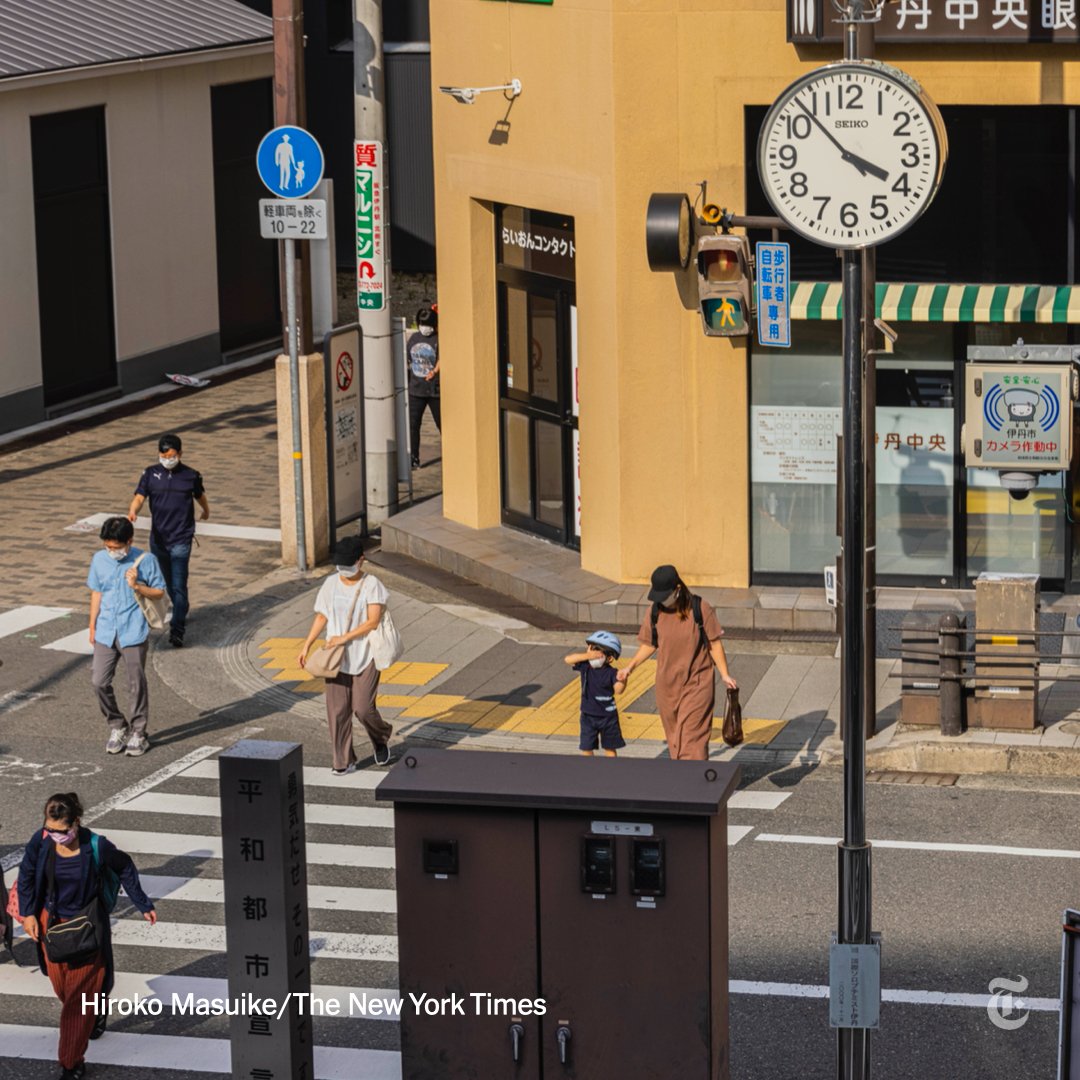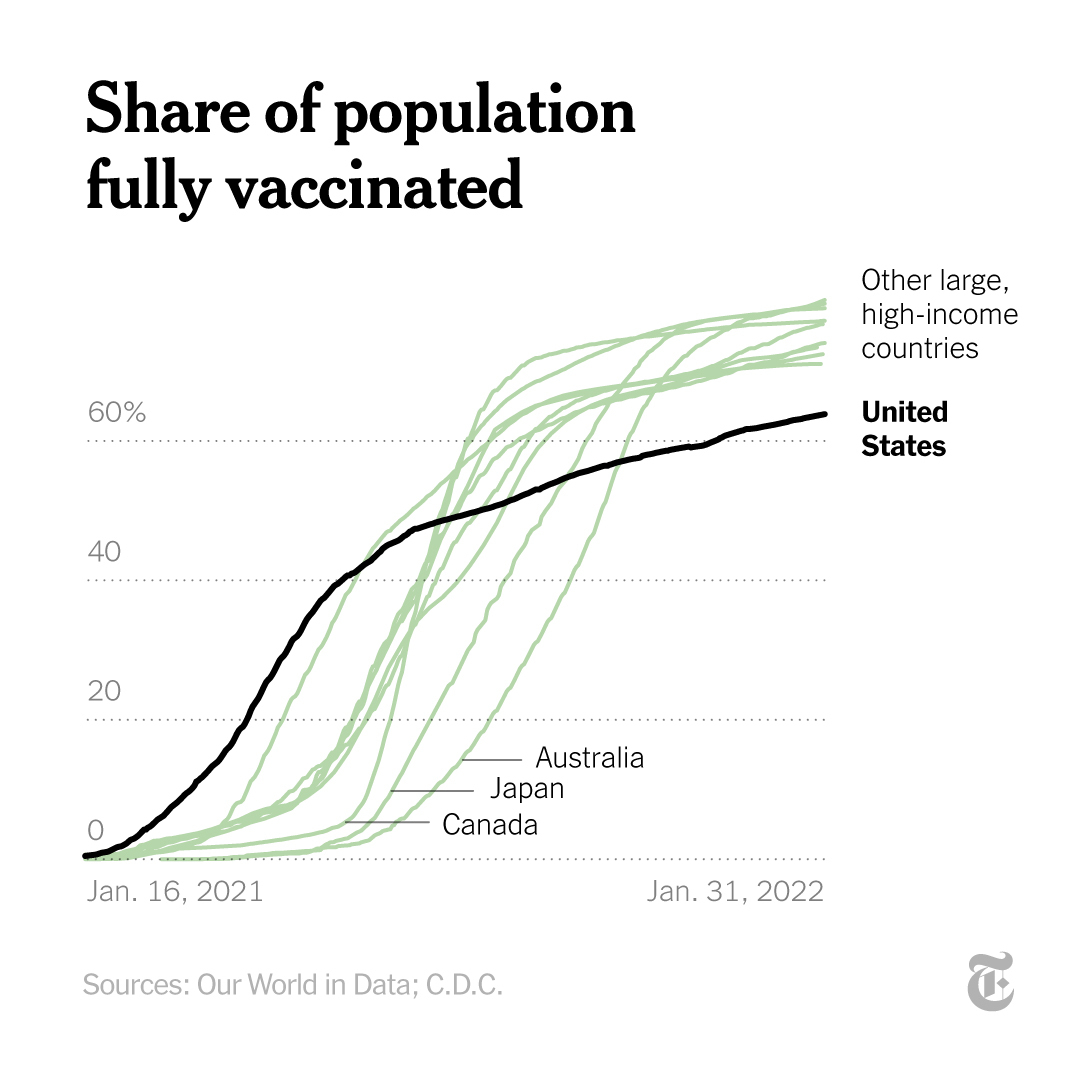
As Japan rapidly ages, the country is turning to electronic surveillance to confront an epidemic of dementia and monitor the vulnerable.
The move has given peace of mind to some and raised concerns for others. nyti.ms/3IR5s1Y
The move has given peace of mind to some and raised concerns for others. nyti.ms/3IR5s1Y
Dementia is the leading cause of missing-person cases in Japan. More than 17,000 people with dementia went missing in 2020.
In his early 70s, Koji Uchida began to vanish. The first time, he was found in front of a vending machine 17 miles from home. nyti.ms/35wrbxN
In his early 70s, Koji Uchida began to vanish. The first time, he was found in front of a vending machine 17 miles from home. nyti.ms/35wrbxN

Uchida began to go missing regularly, once wandering for two days before turning up in front of a stranger’s apartment, hungry and barely able to remember his name. Desperate, his family asked the local government to put him under digital surveillance. nyti.ms/35wrbxN
In Itami, where Uchida’s family lives, more than 1,000 sensors line the streets, each emblazoned with a smiling cartoon and Wi-Fi squiggles. When Uchida went out walking, his location was tracked and sent to his family through a beacon hidden in his wallet.nyti.ms/35wrbxN 

Itami is one of several Japanese localities that have turned to electronic tracking, hoping to protect people while retaining some of their independence. Far more children than older adults have been enrolled. But the program has evoked fears of Orwellian overreach. 

Advocates for people with dementia have raised concerns about digital tracking, warning that the peace of mind offered by surveillance could threaten the dignity and freedom of those under watch. nyti.ms/35wrbxN 

Read the full story. nyti.ms/35wrbxN
• • •
Missing some Tweet in this thread? You can try to
force a refresh










